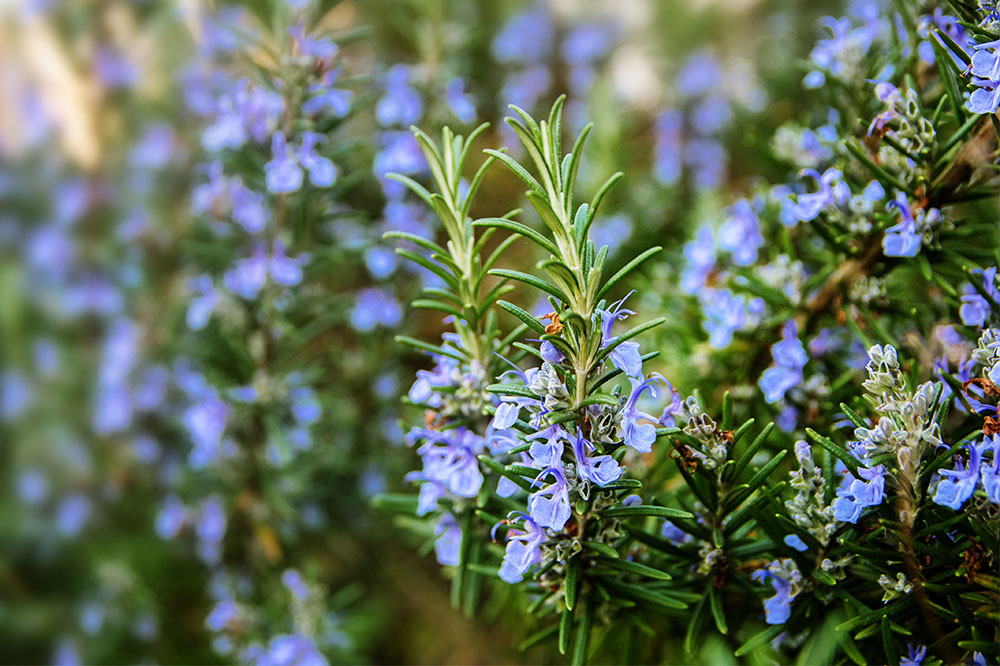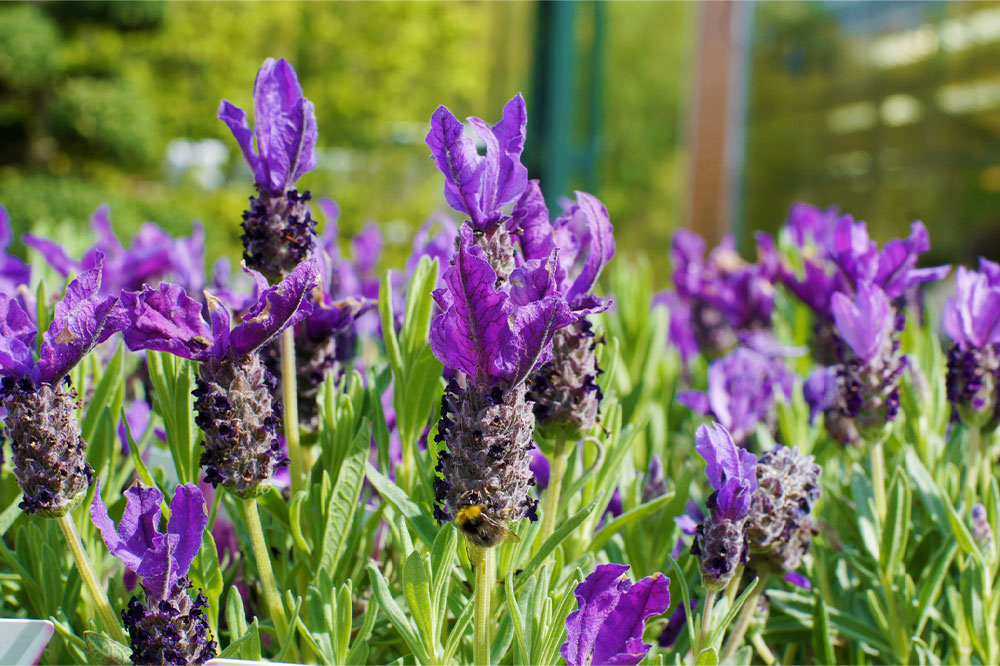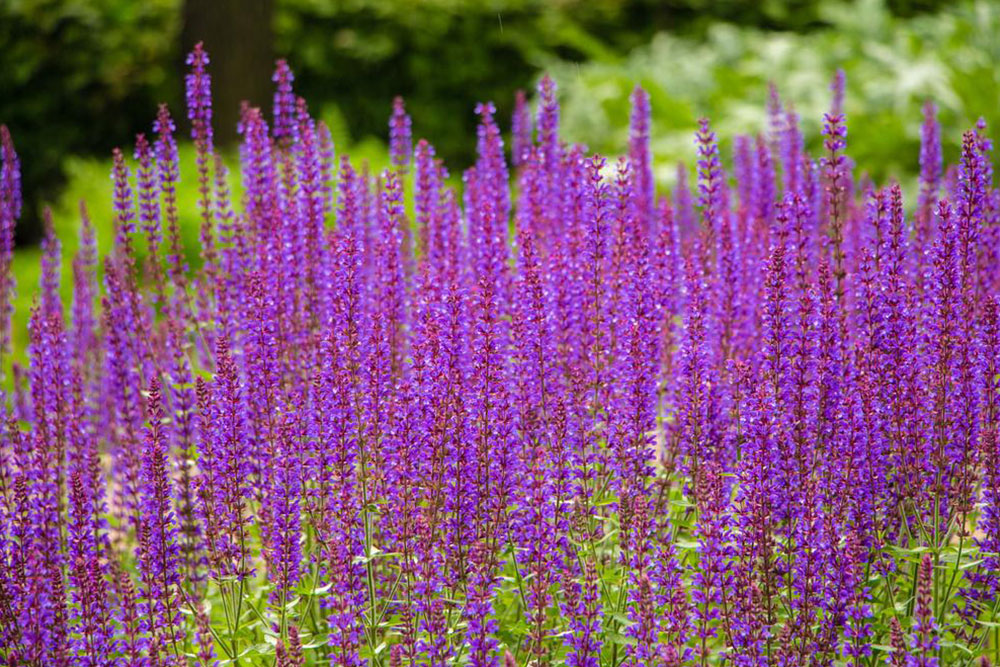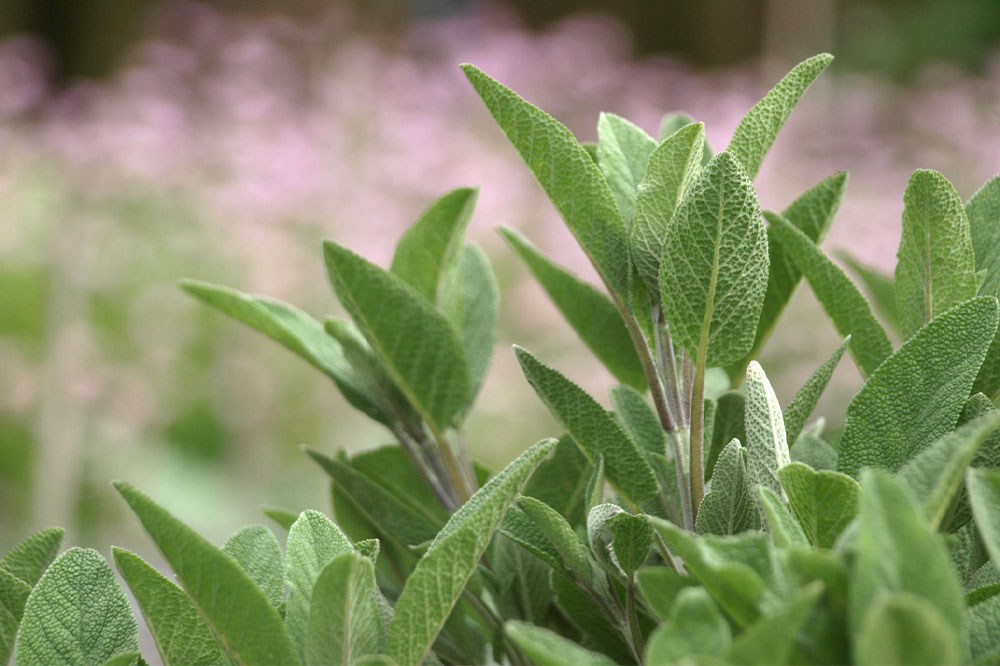Effective Natural Plants to Repel Ticks and Fleas and Safeguard Your Pets
Discover effective natural plants like rosemary, lavender, and citronella that can naturally repel ticks and fleas from your garden. This comprehensive guide details how planting these herbs and flowers can create a pest-resistant outdoor environment, protect your pets, and beautify your yard. Learn about additional pest control solutions for enhanced protection, making outdoor activities safer and more enjoyable for pets and families alike.

Harnessing Natural Vegetation to Protect Your Outdoor Spaces from Ticks and Fleas
Many pet owners cherish spending quality time outdoors with their animals, whether in their backyard, garden, or outdoor recreational areas. However, one of the most common concerns is the presence of pests like ticks and fleas, which not only cause discomfort but also pose significant health risks. Diseases such as Lyme disease, anaplasmosis, and flea-borne illnesses can be transmitted through these parasites, making pest control a top priority for responsible pet care. Fortunately, there are natural and effective ways to keep these pests at bay without relying solely on chemical pesticides. Incorporating specific plants and herbs into your garden layout can serve as a natural barrier, reducing pest populations while enhancing the visual appeal of your outdoor environment.
Through strategic planting, pet owners can create an organic, pest-repellent landscape that offers a safer environment for both pets and family members. These plants work by emitting scents or compounds that repel pests, confusing insects that rely on scent to locate hosts, and creating an unpleasant environment for parasites to thrive. Moreover, many of these plants are easy to grow, require minimal maintenance, and can add a fragrant, colorful touch to your garden. Let’s explore some of the most effective natural vegetation options for repelling ticks and fleas.
Rosemary
Rosemary is a versatile herb renowned not only for its culinary uses but also for its potent pest-repelling properties. Its aromatic oils, particularly terpinolene, have been shown to naturally repel ticks, mites, flies, and aphids. Planting rosemary along garden borders or in flower beds can help create a natural barrier against crawling pests. Additionally, rosemary is easy to cultivate in well-drained soil and thrives in sunny locations, making it an excellent choice for gardeners seeking an aromatic, functional plant.
Pennyroyal
Pennyroyal is a member of the mint family, recognizable by its pungent aroma. Its strong scent acts as a natural deterrent to fleas, ticks, and other blood-sucking pests. Many pet owners and gardeners use pennyroyal in flower beds or around the perimeter of gardens to discourage pest infiltration. However, it’s important to handle this plant with care, as pennyroyal can be toxic if ingested in large quantities, especially to pets and children.
Wormwood
Wormwood is an ornamental herb characterized by its silvery, aromatic leaves and bitter taste. Its strong scent is effective in repelling parasites responsible for transmitting diseases, making it a natural choice for pest control. Besides its pesticidal properties, wormwood adds a unique texture and appearance to garden landscapes. Its resilience makes it suitable for a variety of climates, and it can be grown in containers or directly in the ground.
Rue
Rue features attractive blue-green foliage and emits compounds that insects and pests tend to avoid. Traditionally used for medicinal and ornamental purposes, rue also acts as a natural flea repellent. Pet owners can rub crushed rue leaves on their dogs’ coats for additional protection. But caution should be exercised, as rue can be toxic if ingested in large amounts, so it’s best to plant it where pets cannot accidentally consume large quantities.
Lavender
Lavender is well-known for its calming scent and beautiful purple flowers. Its essential oils contain linalool and linalyl acetate, which are effective in confusing and deterring blood-sucking insects like ticks and mosquitoes. Planting lavender near outdoor seating areas or along pathways can help keep pests away, making outdoor spaces more comfortable for pets and humans alike. Lavender is easy to grow in sunny spots and well-drained soil, and its fragrant bloom also attracts pollinators like bees and butterflies.
Citronella Grass
Citrindexellagrass is popularly used in candles and sprays for its insect-repelling properties, but growing it in your yard provides a continuous natural barrier. Its lemon scent repels biting insects such as mosquitoes and ticks. Besides repellent qualities, citronella grass adds a lush, tropical look to your garden landscape. It is a hardy grass that thrives in warm, sunny environments and can be used to define garden borders or create privacy screens.
Marigold
Marigolds are hardy, colorful flowers that do more than beautify your garden—they emit odors that repel ticks and other pests. Containing phytochemicals that interfere with pest life cycles, marigolds are a popular choice among eco-conscious gardeners seeking natural pest control methods. Plant them around vegetable beds, flower borders, or along pathways for effective pest deterrence while adding vibrant color to your yard.
Chrysanthemums
Chrysanthemums contain pyrethrum, a natural compound derived from the flowering plant that is a common ingredient in many organic pest control products. Pyrethrum affects the nervous systems of ticks, fleas, mosquitoes, and other pests, providing an effective natural defense. Growing chrysanthemums in your garden not only enhances visual appeal but also helps manage pest populations naturally without harmful chemicals.
Garlic
Garlic is well known for its spicy aroma that repels a variety of pests including fleas, ticks, and mosquitoes. Growing garlic in your garden provides a continuous natural pesticide, making it less likely for pests to establish a foothold near your home. Plus, garlic is a culinary staple, so you can enjoy both pest control and fresh ingredients for your cooking.
Thyme
Thyme is a versatile herb valued for its culinary uses, but its sweet lemon scent also acts as a natural pest repellent. Growing thyme around outdoor sitting areas or flower beds helps keep pests at bay while adding flavor to your dishes. Its low-maintenance nature and attractive appearance make it an excellent addition to any garden style.
Additional Pest Control Solutions
While planting these natural repellents significantly reduces the risk of pests, it may not entirely eliminate fleas and ticks from your pets or outdoor space. For comprehensive protection, consider supplementing your natural garden deterrents with veterinarian-recommended products such as Simparica, Trifexis, NexGard (chewable tablets), or topical solutions like Bayer’s K9 Advantix II and Frontline®. These products are specifically formulated to prevent flea development, kill existing pests, and protect your pets from tick-borne diseases. Combining natural strategies with professional veterinary treatments offers the best defense against outdoor pests, keeping your pets safe and healthy.




